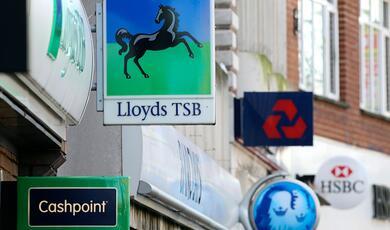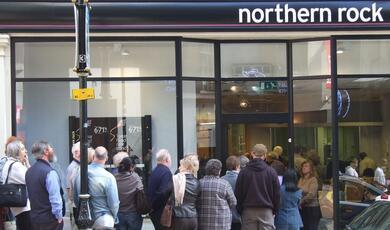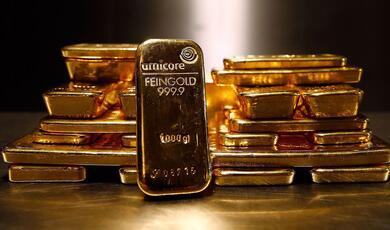Somewhere in the centre of a space that contains economics, history and politics there is a need for the state to control the value of money. The competence of the government in this field seems to signal something quite important about the capacity of a state to deal with its collective problems. So much so that some consider sound money to be the ultimate public good – supplied by the state but of use to all private agents in their ongoing attempt to make plans for the future hampered by so many types uncertainty. The story of monetary policy making is one that, surprisingly, has not been told anywhere in terms of its basic concepts. Of course, there are financial histories, central banking histories and the daily grind of judgement on whether interest rates are too high or too low which occupies us so fully that many think these judgements are what economists actually do. But there is no clear guide to the principles that structure monetary policy debate. This series of lectures seeks to fill this gap.


 Login
Login






